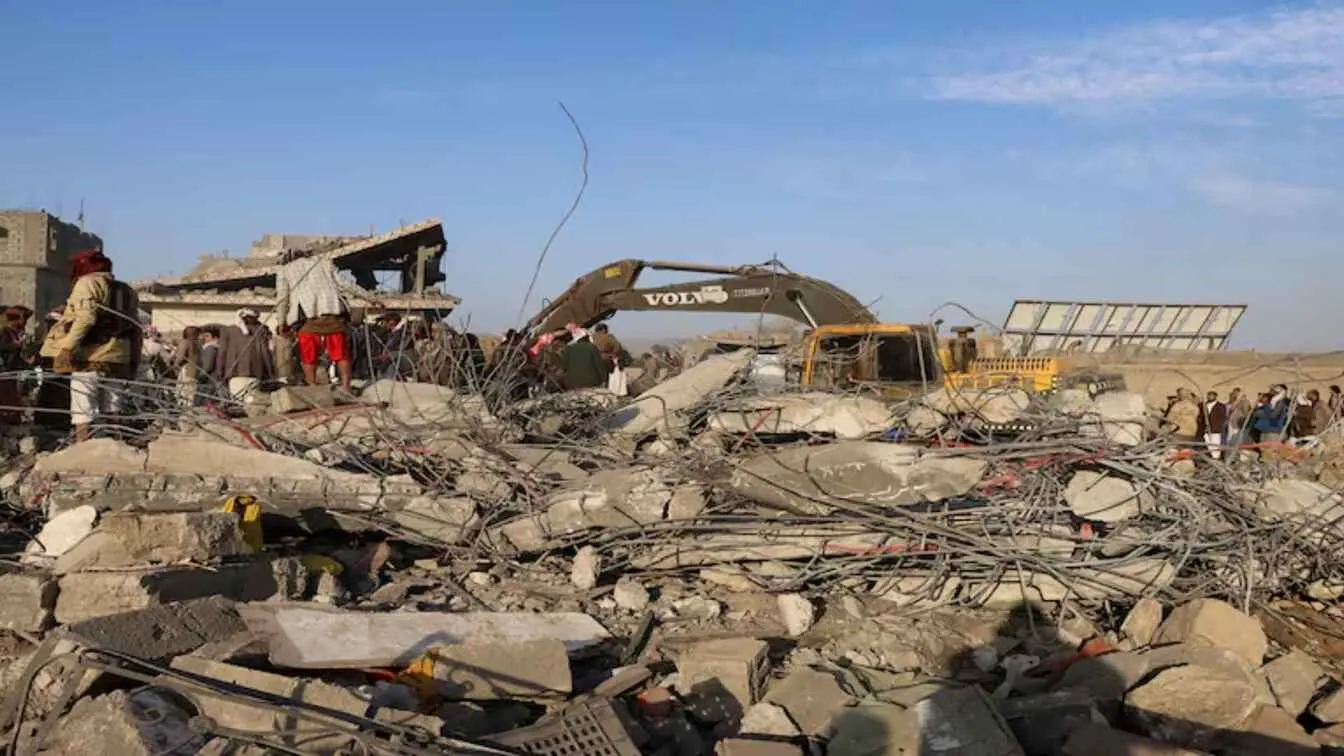Gurpatwant Singh Pannun, general counsel of the banned organization Sikhs for Justice (SFJ) and designated a terrorist by India, has once again issued threats against India’s sovereignty.
In a recent video, Pannun declared his intentions to initiate independence movements in various Indian states beyond Punjab, including Jammu & Kashmir, Assam, Manipur, and Nagaland. This aligns with the separatist campaign SFJ has long advocated for Punjab. His latest mission, titled “SFJ 2024 ONE India To 2047 NONE India,” is an endeavor to dissolve India by 2047.
The video surfaced following Canada’s Deputy Minister for Foreign Affairs, David Morrison, reaffirming Canada’s policy of respecting India’s territorial integrity. Morrison stated, “There’s one India, and that’s been made very clear.” The comments were made during a public hearing of Canada’s foreign interference commission in Ottawa earlier this month. In response, Pannun falsely claimed that certain regions like Arunachal Pradesh belong to China and urged Chinese President Xi Jinping to reclaim them. “Now is the time to order the Chinese army to take Arunachal Pradesh back,” he said.
SFJ’s Ongoing Push for Khalistan
SFJ, known for its unofficial global referendums on creating an independent Khalistan state from Punjab, has minimal support within the Indian state itself. However, Pannun continues to push for international recognition of this cause, seeking to use Canadian and American legal protections to sustain his campaign. “SFJ will continue to use the protection and support of Canadian and American laws to continue to campaign for independence movements to Balkanize and disintegrate the Union of India,” he declared.
Pannun further extended his threats, stating that SFJ aims to “redraw the borders” of India, proclaiming that “by 2047, the current borders and boundaries of the Union of India will be redrawn and wiped out from the world map.” The video concluded ominously with visuals of lightning.
Background of India-Canada Tensions
Pannun’s recent video comes amidst heightened diplomatic tensions between India and Canada, fueled by Canada’s stance on the pro-Khalistan movement. Relations between the two countries soured after the assassination of pro-Khalistan figure Hardeep Singh Nijjar in June 2023 in Surrey, British Columbia. Canadian Prime Minister Justin Trudeau’s subsequent allegations linking Indian government agents to Nijjar’s murder further strained diplomatic relations, despite India labeling the claims as “absurd” and “motivated.”
Canada’s NSIA Comments on India’s Influence
Nathalie G. Drouin, Canada’s National Security and Intelligence Advisor (NSIA), has addressed the ongoing tensions, noting India’s focus on the pro-Khalistan movement in Canada. She remarked, “The objective of India…I’m not sure if they really want to influence our policy. I think they really want to influence the pro-Khalistan debate and conversation.” According to Drouin, India’s interest likely stems from Canada’s significant Sikh diaspora and historical events, such as the 1985 Air India Flight 182 bombing, which remains Canada’s deadliest terrorist attack, killing 329 people, including 270 Canadian citizens of Indian descent.
Drouin highlighted Canada’s expectations for India to cooperate with ongoing investigations into Nijjar’s assassination, stating that Ottawa has made “repeated requests” for India to “take our law enforcement actions seriously instead of denying the situation.” During her testimony, she emphasized that the inquiry should consider not only Nijjar’s death but also the attempted assassination of Pannun in the United States last year.
India’s Ranking as a Foreign Interference Threat To Canada
The National Security and Intelligence Committee of Parliamentarians (NSCIOP) recently identified India as the second-most significant foreign interference threat to Canada’s democratic institutions, surpassing Russia in this ranking. Drouin, however, downplayed the utility of ranking countries by perceived threats, cautioning that such rankings could complicate international relations. Her focus remains on addressing the broader challenges of foreign interference, especially regarding the pro-Khalistan issue.
Amid these ongoing diplomatic strains, the SFJ’s provocative actions and the broader discourse around India-Canada relations continue to occupy a central place in international discussions as both nations grapple with the complexities of influence, security, and sovereignty.
ALSO READ: India Expresses Concern Over Israeli Attack On UN Peacekeeper Base In Lebanon























